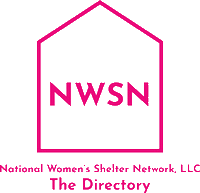A high school student named Ria Mohan wanted to know more about women who were homeless. Curious about their menstrual health, Ria looked at 17 shelters in Puget Sound this past week. She found that many had insufficient or no menstrual sanitation supplies.
With the average American women spending $20 on supplies per cycle, tampons and pads can be prohibitively expensive. Some shelters offer a few items per cycle, which forces women to use them more than once. Medical professionals know this is dangerous; overuse causes a buildup of bacteria and toxic shock syndrome. If they don’t expose themselves to these issues, women who are homeless are forced to use rags or an old shirt to clean themselves.
You could make the argument that these items ought to be free, that it is a basic human right to be clean and healthy, and that these items ensure that. Nonprofits like Helping Women Period provide these items free for low-income women. But before we get to a place where pads are free, the place we get stuck is how we tax them.
Any woman knows that pads and tampons are a necessity. And yet, most states slap on a luxury tax to purchase them, as if a pad is the new Chanel bag. Items deemed necessary, such as groceries, medical products, and adults diapers, remain tax-free. Many women who are homeless have to choose between food and menstrual supplies.
Meanwhile, Canada removed the tax in 2015.
The tax increases the financial burden on women, but it also speaks to how we as a country see women. We are meant to produce babies, to be wives and caretakers, but how is it viewed when we take care of our most essential needs that don’t prop up children or a man? As a luxury, and one that many homeless women don’t get.

